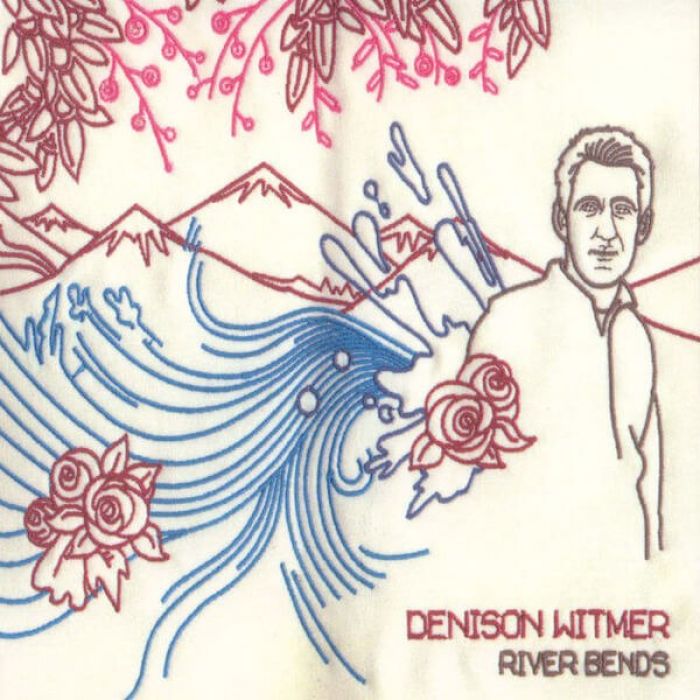River Bends EP by Denison Witmer (Review)

Personally, I think every overly earnest singer/songwriter with an acoustic guitar and a 4-track would do well to purchase one or two Denison Witmer albums. And frankly, I think we would all be better off. They’d become better songwriters, and we wouldn’t have to deal with half as many angst-ridden ballads that read like so much bad high school poetry. And they can start by picking up this reissue of River Bends.
I think the thing that strikes me the most about Witmer’s music is his sense of nostalgia and yearning. Granted, every singer/songwriter has a bit of that in them, but Witmer hits those emotions on the head. Look no further than “Healing Time,” a simple ballad that perfectly captures life’s uncertainty and the sense of helplessness one sometimes gets while watching a loved one struggle. When Witmer sings “I have been where you are/I am well aware that there is hurt that never goes away,” there’s nothing but a deep sense of grace and compassion — and nary a trace of melodrama.
Witmer’s music is a study in simplicity. River Bends isn’t complex by any means. It’s far more stripped down than Of Joy & Sorrow, which saw Witmer employ a more band-oriented sound. It was odd hearing Witmer “rock out” when he’s clearly at his best with just a guitar. As a result, Of Joy & Sorrow often made for an uneven listen, with Witmer’s songwriting getting obscured by the fuller sound. Not so with River Bends, which focuses almost exclusively on Witmer’s sparse yet extremely graceful melodies and gentle vocals.
He never wastes time on grandiose flourishes, but keeps his music fluid and smooth. At first listen, his songs seem rather plain. But there’s something about his progressions, his notes that have a way of getting under your skin and conjuring images you didn’t think possible. Don’t be too surprised if, during “Healing Time” or “St. Jude,” his guitar summons images of grainy childhood films, or driving across Midwestern cornfields under a bluer-than-blue sky. That’s doubly so on the EP’s closer, where a second guitar chimes in and adds slightly darker, deeper shades to Witmer’s strumming.
All descriptions and colorful imagery aside, I think the strongest praise I can give this disc is the fact that I went through it three or four times on my “first” listen. And not because the disc only has 5 songs. This EP is a condensed version of everything that I love about Denison Witmer’s music. As humble and soft-spoken as they are, his songs have a way of saying only those things that need to be said. And regardless of whether you’re a songwriter or not, that’s something we all could learn from.